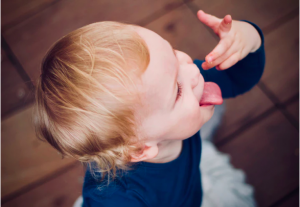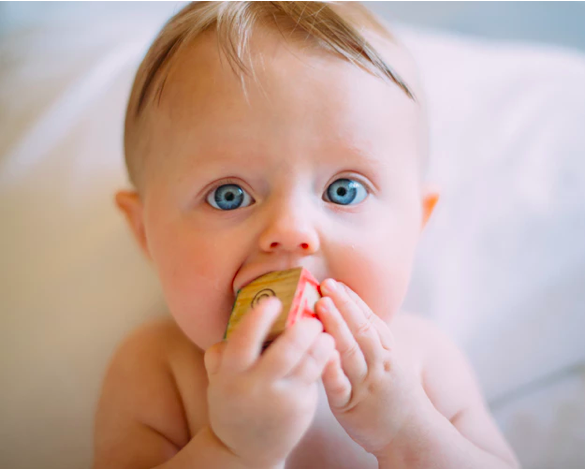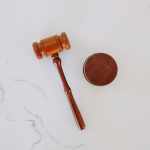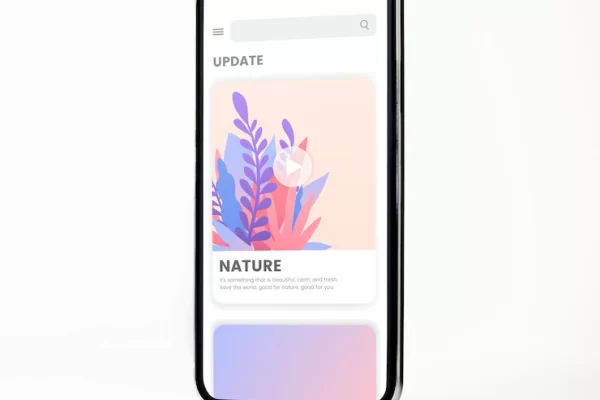Once in a while, bad breath, or halitosis happens to all of us even toddlers. It is quite common. But the sad truth is that no matter how cute your kid is, their stinky breath reduces their cuteness quotient as it is not so appealing. Most of the times, it is hygiene oriented. But in some cases, it can be a symptom or a serious indicator of numerous different illnesses. So, as a parent, it’s important for you to find out what’s causing their bad breath. Also, you should have an idea on how to deal with it. Here are 6 Tips which will help you through.
1) Find Out What’s Causing It

Poor dental hygiene can often be the reason for your toddler’s bad breath. Their mouth is full of bacteria especially the tongue. The main sources of these bacteria are leftover food particles in the periodontal area and heavily coated tongue. Other common causes of bad breath can be a dry mouth, cavities, gum disease (gingivitis), dental abscess, blocked nose, throat infection, or tartar buildup.
But in rare cases, some severe medical problem can be the cause of your toddler’s bad breath. These problems include illnesses such as sinus, tonsillitis, gastroesophageal reflux (GERD), liver problems, enlarged adenoids, and asthma. It can also be an indicator of more serious conditions like kidney failure, diabetes, and oral cancer.
Before battling this potentially dangerous problem, it’s important for you to find out the cause of your child’s bad breath with or without medical intervention.
2) Maintain Good Oral Hygiene

The first step towards getting rid of your toddler’s bad breath is to maintain good oral hygiene. It just needs a little effort from your side. Before bedtime and after each feeding, make sure that you wipe or brush their gums and teeth. You can also scrap or brush their tongue gently. If your child sucks their thumb or fingers, frequently wash their hands with hand wash or soap. Also, make sure that every day you thoroughly clean their teeth using floss.
3) Do The Needful

If you have already ruled out the common causes, and your kid’s bad breath still persists then they might be suffering from some serious illness. You need to watch out for the symptoms. If your kid is showing signs of sinusitis, then you need to see a doctor. Generally, it is cured with some antibiotics. Also, blow their nose frequently and ensure that they drink lots of water.
If they have abdominal pain, vomiting, nausea, or heartburn along with bad breath, gastroesophageal reflux disease might be the possible cause. In that case, you need to see your pediatrician immediately. To determine whether GERD is the cause or not, your kid needs further testing. If your kid is suffering from any respiratory disease such as asthma, make sure that they get proper medical attention because if it gets serious the doctors might have to use cricothyrotomy kit. In any case, visit the doctors immediately.
4) Regular Dental Checkups

If you want your toddler to have good oral health, it is important that you start scheduling their dental visits at a very early stage. Ideally, their first visit should be around when they are six months old. However, you need to take extra measures if your toddler has bad breath. Visit the dentist regularly (at least twice a year) for checkups and cleanings which can get rid of your toddler’s bad breath. It can also make sure that their teeth are clean and healthy.
5) Use Home Remedies

In most cases, bad breath in toddlers has no serious repercussions. Still, getting rid of it can be troublesome. Here are a few home remedies that might do the trick.
- Using soft cleaners clean their tongue.
- Make them drink more water on a daily basis.
- If your toddler uses a pacifier ensure that it is sterilized properly.
- Avoid using mouthwash as spitting and swishing are difficult for the toddlers. Also, it can trigger their gag reflex, and promote dry mouth conditions.
6) Don’t Make Them Feel Self-Conscious

As a parent, it’s your responsibility to groom your kid hygienically. But while you are at it, your toddler’s stinky breath might come out as a major obstacle for you. Bad breath can significantly affect your child’s physical as well as their mental health. It can also cause a number of complexes in your toddler. They might as well face peer isolation or some social awkwardness because of it. That will eventually make them self-conscious. However, your guidance and encouragement can help them a lot.
Try not to place them in a position where they have to face some social awkwardness. Talk everything out with them. Also, make them practice healthy oral habits and help them overcome their self-consciousness.
A toddler can have stinky breath just like adults. So, if your child has breath instead of being embarrassed, try to deal with it in a more practical way. Usually, it isn’t anything to worry about. Make your toddler learn important oral health routines such as brushing and flossing at an early age. Also, make sure to visit a child-friendly dentist regularly. Help them at home with their routine. Contact a pediatrician if either you or your child’s dentist are unable to find the underlying cause of your toddler bad breath. Also, follow the tips above to properly deal with toddler bad breath.
Author Bio:
Ross is a blogger who loves to write, especially in the Health vertical. He has written many informative Blogs. He has also written blogs in other verticals too like personal development, unique gifting blogs.











